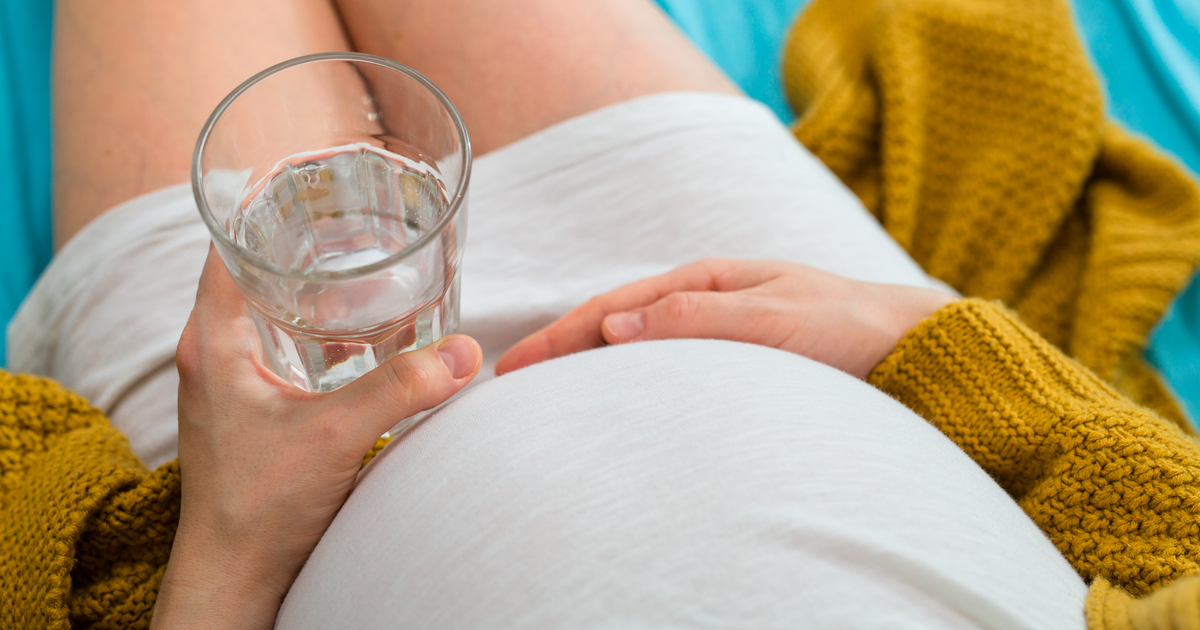A lack of support for pregnant women with diabetes is leaving thousands at risk of serious complications, according to a leading charity.
Diabetes UK is calling for interventions to be introduced in a bid to help those with either type 1 or type 2 diabetes who are expecting a baby.
According to the 2017/2018 National Pregnancy in Diabetes (NPID) audit for England, Wales and the Isle of Man, only one in eight women with diabetes have access to risk-reducing pregnancy preparations.
However, despite the findings, progress has been made in helping pregnant women with type 1 diabetes in England. It was announced earlier this year that Continuous Glucose Monitors would be made routinely available for those with the condition by 2021.
Nikki Joule, Policy Manager at Diabetes UK, said: “The audit highlights that women with diabetes – regardless of whether they live with type 1 or type 2 diabetes – are still at a far greater risk of serious pregnancy and childbirth complications. This needs to change, and clinicians can lead the way in turning the tide.
“We’ve seen progress in this area – such as the decision to roll out Continuous Glucose Monitoring devices for pregnant women in England with type 1 diabetes – which is a positive move. But service-wide interventions need to be made to reduce the number of devastating pregnancy complications for all women with diabetes.
“We know that more women are developing type 2 at a younger age, so it’s also important that healthcare professionals raise the issue with this group – and the steps they can take to have the safest pregnancy possible – before they begin trying to conceive.”
According to the audit, between 2017/2018, 170 out of 8,255 pregnancies recorded in the NPID resulted in stillbirth or neonatal death. That means women with diabetes are three to four times more likely to experience serious complications in England and Wales.
More than 50 per cent of pregnant women with type 2 diabetes were included in the audit and Diabetes UK wants healthcare professionals to have more open conversations about potential complications before they fall pregnant.
The charity has also highlighted the importance of supporting women outside of clinical appointments, such as checking your blood sugar levels more regularly, eating a healthy diet, and being more active.





